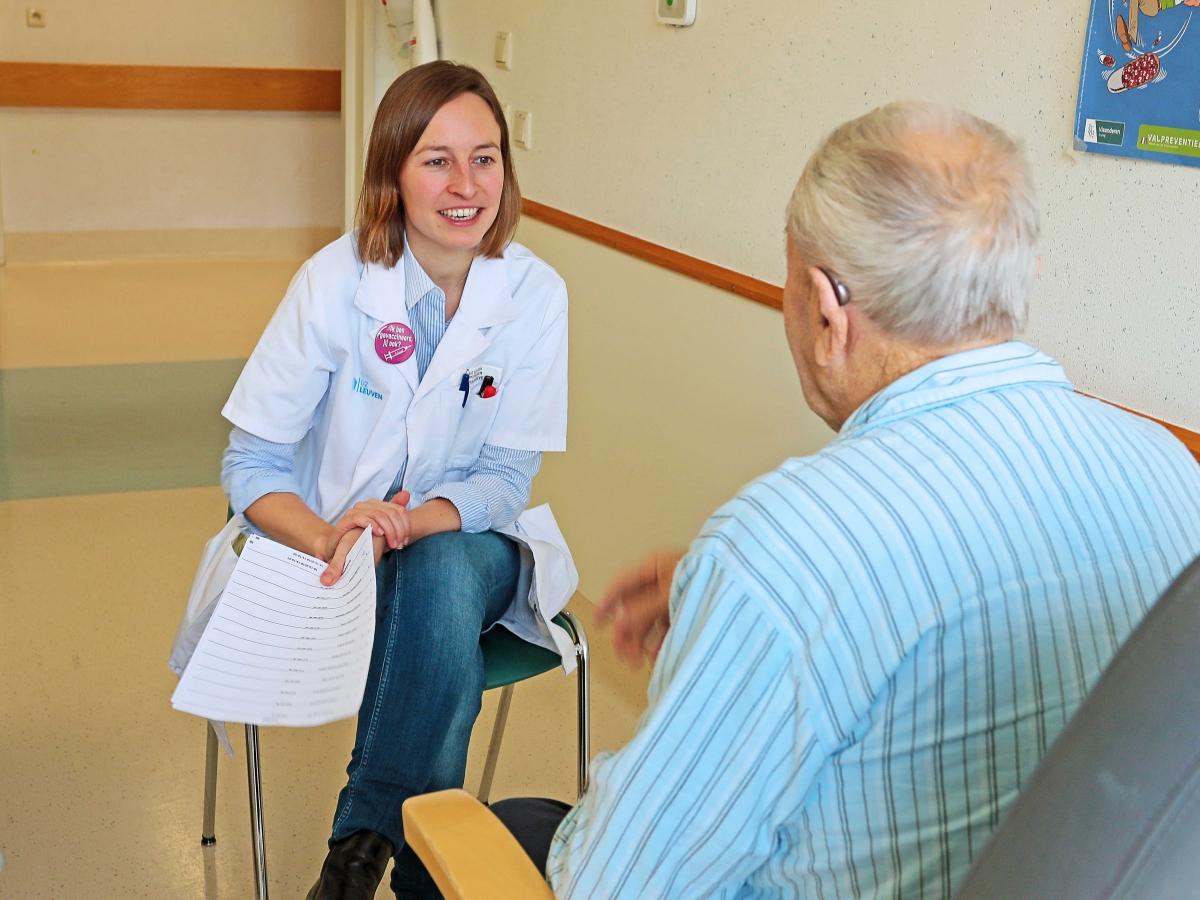Hospital pharmacists – the key to addressing polypharmacy and drug adherence
24 June 2019
- EAHP’s members call for the utilisation of hospital pharmacy skills and expertise to support the care pathway of older patients.
- The position paper of EAHP puts focus on the role of strengthened multidisciplinary cooperation as a crucial component for meeting the health system challenges linked to an ageing society.

During the 49th General Assembly, the members of the European Association of Hospital Pharmacists (EAHP) updated the Association’s position paper on an ageing society. With this revision, hospital pharmacists acknowledged the challenges that lie ahead of the profession due to the changing healthcare requirements of the ageing population.
The overarching goal of the hospital pharmacy service, as outlined in the European Statements of Hospital Pharmacy, is to optimise patient outcomes through working collaboratively within multidisciplinary teams. EAHP’s position paper on an ageing society consequently touches upon areas in which hospital pharmacy interventions can make a difference for older patients. Medicines reconciliation and the transfer of care are mentioned as main sectors in which further investment is needed to improve outcomes for older patients. Optimising drug therapy by evaluating drug appropriateness and increasing drug adherence is one element that has been addressed by EAHP in its position paper since hospital pharmacists can make very positive contributions in this field. In addition, the Association underlines the need for heightened collaboration between different healthcare professionals, especially when transferring older patients between primary and secondary care environments.
The ageing workforce is also discussed by the EAHP’s position paper, in particular the need to respond to the demographic shift through adequate workforce planning. Likewise, education and training play an important role when dealing with both older patients and an ageing workforce. In view of these and other challenges linked to the ageing society, EAHP and its members
- call on national governments and health system managers to acknowledge hospital pharmacists’ drug expertise by investing in medication reconciliation and optimisation roles in all healthcare facilities, including nursing homes, as a key part of the European level response to the increasing prevalence of polypharmacy
- call for strengthened inter-sector communication, coordination and multi-disciplinary collaboration as critical approaches to meeting the health system challenges of an ageing society
- strongly support regulatory innovation to increase the participation of older patients with possible multi-morbidities in clinical trials
- urge both governments and the EU to address the growing challenge of an ageing health workforce by investing in education, mobility and best practice sharing.
EAHP’s position paper on an ageing society available here.

























